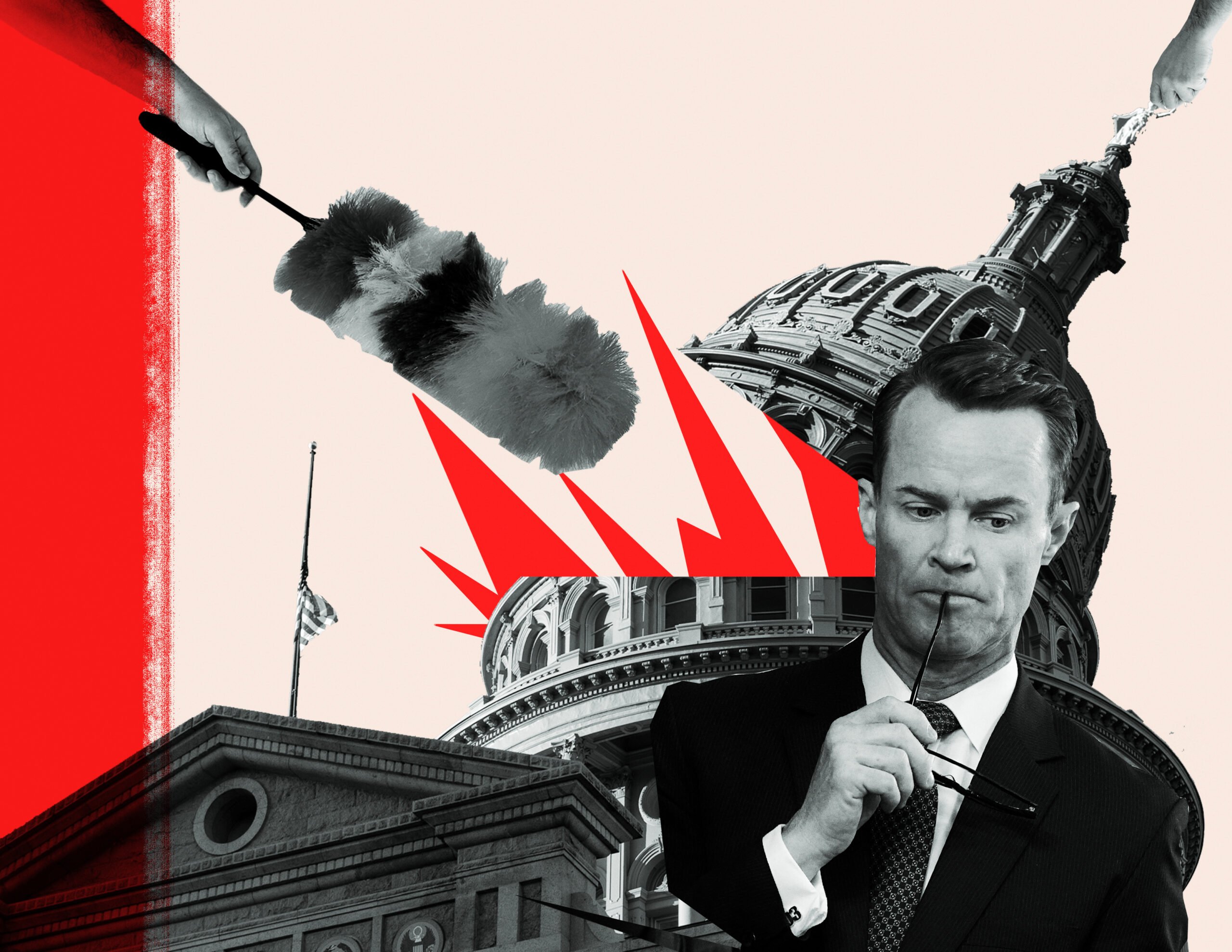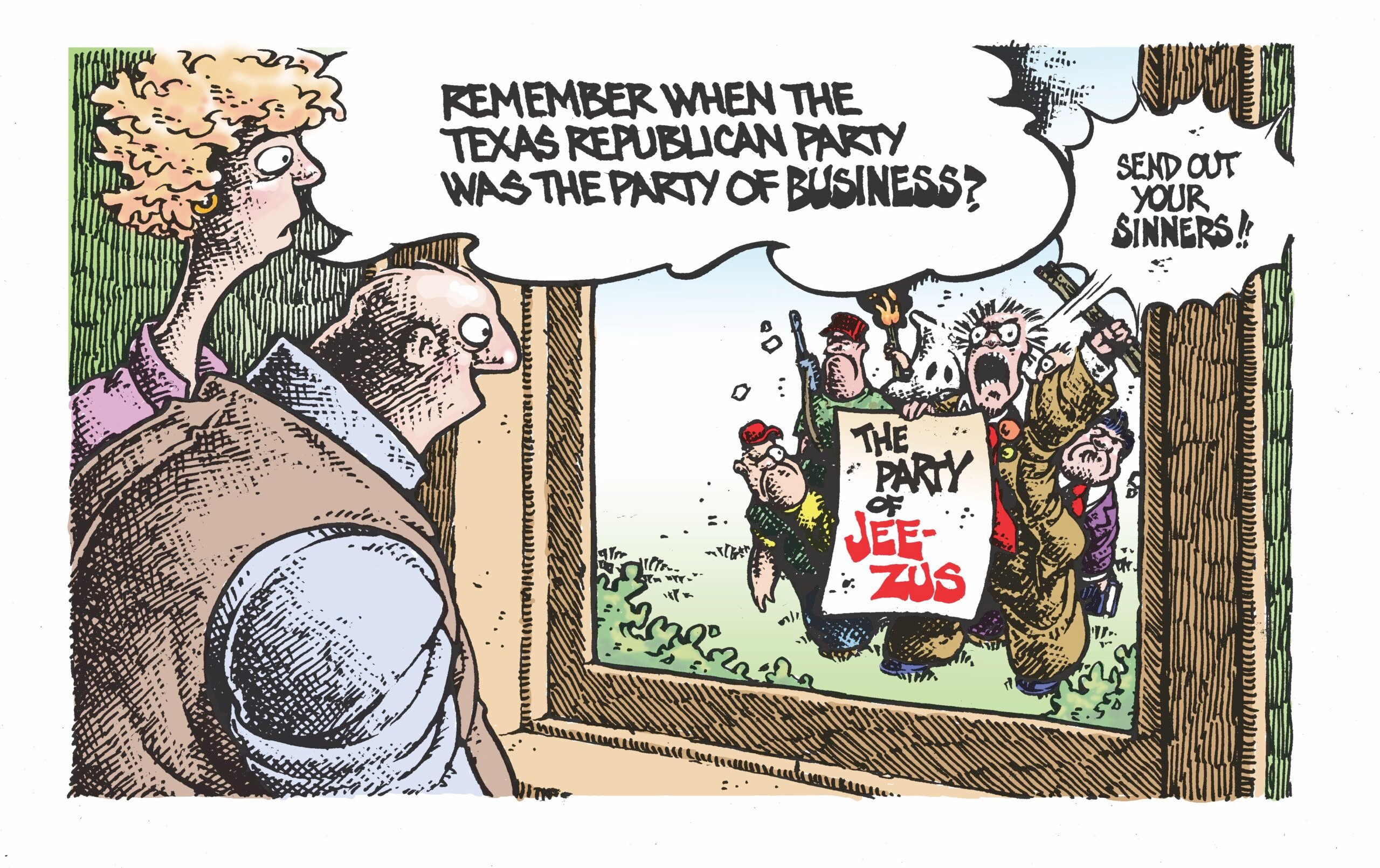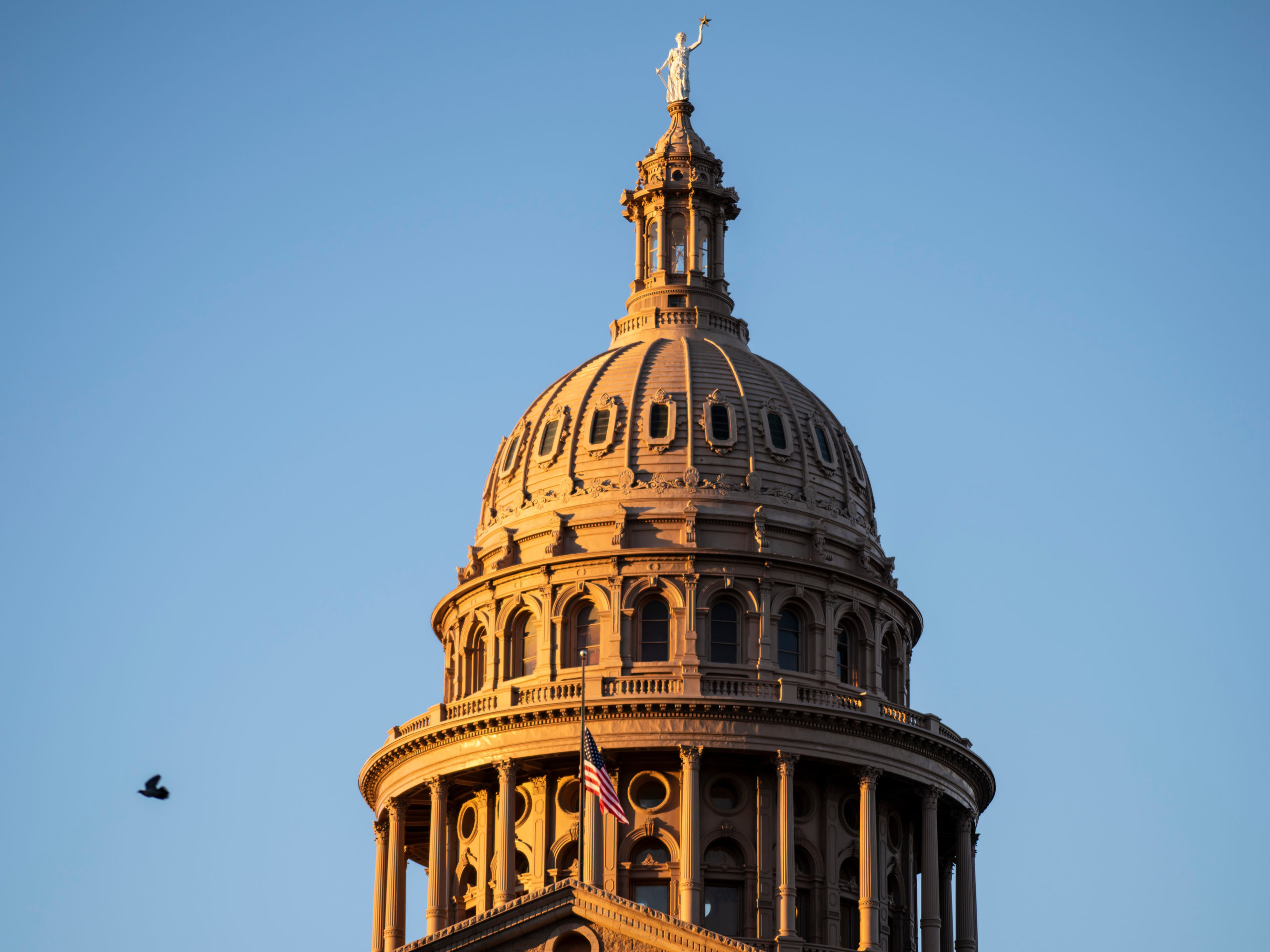
The Lege This Week: Bitterness and Brinkmanship
Amid the theatrics that consumed the final full week of session, lawmakers still haven’t finalized much of their already-lackluster winter storm response.
Welcome to the 87th Legislative Session. Since the last session came to a close in June 2019, Texas has been hit by an unrestrained pandemic and a crippling economic crisis—and now the fallout from deadly blackouts. Under unprecedented circumstances, lawmakers are faced with a number of urgent challenges. The Texas Observer is following along every step of the way.
Go here for last week’s dispatch from the state Capitol.
What We’re Following:
The Final Days
Bitterness and political brinkmanship has flared up in the final days of the 2021 legislative session, as time runs out to pass bills.
In the final hours before a midnight deadline Tuesday to vote on Senate bills, House Democrats slowed floor debate to a crawl—a procedural delay tactic known as “chubbing”—in an attempt to block a slate of right-wing legislation. They ultimately succeeded in stopping bills that would have blocked transgender athletes from playing on school sports teams based on their gender identity, banned local governments from paying for lobbyists, and outlawed “censorship” by social media platforms. All of these were key priorities for Lieutenant Governor Dan Patrick. Democrats cheered and waved transgender pride flags on the floor as the clock struck midnight. “Ding dong the bill is dead,” tweeted Representative Erin Zwiener, a Hays County Democrat and member of the House LGBTQ Caucus, of the anti-trans sports bill.
Despite having passed most of the GOP’s top priorities—including permitless carry and a near-ban on abortions—conservatives lashed out at House Speaker Dade Phelan for allegedly kowtowing to Democrats. The next day, Patrick demanded that Governor Greg Abbott call an immediate special session for his three priority bills that died in the House. Patrick then slow-walked the Senate through its own list of House bills to pass before its Thursday night deadline, threatening to hold key legislation hostage.
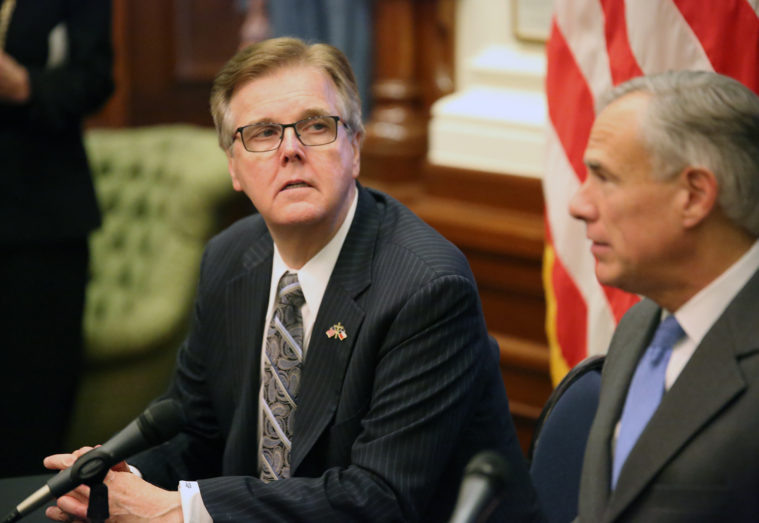
Does this all sound familiar? It should. As the 2017 session came to a close, Patrick threatened to hold must-pass bills hostage until the House passed his favored red-meat legislation, including the so-called “bathroom bill”—another attack on trans Texans. That ultimately died in the House, leading Patrick to call for a special session. Abbott caved and included the bathroom bill as part of an expansive summer session dubbed by critics the “Session of Oppression.” The bathroom bill still failed.
In a press conference Thursday, Abbott tried to hold his ground, warning Patrick against trying to force a special session. “Not only am I the only one with the authority to call the special session, I get to decide when, and I get to decide what will be on that special session. And here’s what I would do if anybody tries to force this … it’s not gonna be like it has been in the past.”
Patrick usually wins these political showdowns, but maybe not this time? In response, he insisted he wasn’t holding anything hostage and committed to passing an essential bill to extend the life of some state agencies, including the Texas Commission on Law Enforcement. —Justin Miller
Another Failed Opportunity?
Now forget all the theatrics, power plays, and ego-stroking. There are just three days left until sine die—the end of session—on Monday. What about the Texans who shivered in their homes for days on end during the winter storm in February? Whose loved ones froze to death, whose homes were ruined by burst pipes, who went without safe water, and who will likely be paying for the failures of their state government in utility bills for decades to come?
In the immediate wake of that deadly storm and power grid collapse, there was a rush of committee hearings, investigations, and promised reforms. Usually, the Legislature is out of session when major tragedies, like hurricanes, mass shootings, and pandemics, hit Texas. This was a rare exception.
But after introducing a flood of legislation in the weeks following the storm, Republicans took a sharp detour, focusing instead on sweeping voter restrictions, curbs on how race and history are taught in public schools, punitive restraints on urban police budgeting, abortion bans, a “Star Spangled Banner” mandate, lifting gun restrictions, and cracking down on local control, to name a few.
Lawmakers largely let the natural gas industry, whose failures were most responsible for triggering the winter storm catastrophe, and who still raked in billions of dollars from Texans’ suffering, off the hook. Natural gas operators are exempted from most of the proposed weatherization mandates, and any new regulations will be meted out by the gratuitously pro-industry Railroad Commission.
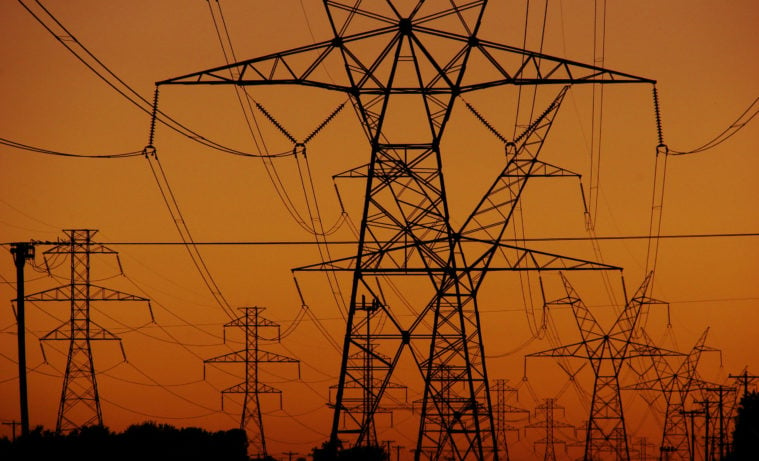
“Everybody better buy their generators or their storage or whatever to put in their garage, because [the failure to mandate winterization] basically means there would be nothing done to gas supply for this winter,” Doug Lewin, an energy expert and renewables advocate, told the Houston Chronicle. “I guess the Legislature is OK with that. I imagine most Texans aren’t.”
In other words, the state will still rely on the unregulated whims of the free market to power Texas while Republican leaders’ aversion to considering what climate change means for extreme weather in Texas, and their attempts to scapegoat renewable energy, persist.
The biggest and most important components of the Legislature’s storm response still haven’t been finalized. Just before midnight, GOP Senator Kelly Hancock brought up House Bill 4492, a highly complex plan to spread out the exorbitant costs incurred by electricity providers during the winter storm over the long term. But in the dead of night, he swapped the bill with a completely different—seemingly more complex—version that had never received a public hearing. Hancock repeatedly insisted it was not a “bailout” for electric utilities while acknowledging that—as with the House version—the “debt is socialized,” meaning customers will ultimately pick up the tab. The bill passed unanimously, which means the final version of the multi-billion dollar plan will be negotiated by members of the House and Senate behind closed doors in the final days of session. —Justin Miller
COVID-19 Liability and Workers’ Comp
On Monday, the House signed off on a measure meant to stymie potential coronavirus-related lawsuits, a top priority of the governor and the business lobby. After U.S. Senator John Cornyn failed to pass such a policy at the federal level, dozens of states took up the anti-liability mantle. The Texas measure, Senate Bill 6, institutes new civil protections for a range of entities including physicians, manufacturers, nursing home operators, and small business owners. These last as long as a state of disaster is declared due to any pandemic disease.
SB 6 also broadly protects employers from employees and their families. Texas is the only state that allows employers to opt out of workers’ compensation insurance. Those who opt out save money on insurance premiums, but they become far more vulnerable to lawsuits from employees and their families. In cases of COVID-19 exposure at work, SB 6 will retroactively shield employers who elected not to carry workers’ comp. They won’t be completely immune, but they’ll be protected at roughly the same high level as bosses who chose to pay for workers’ comp, says Jay Harvey, past president of the Texas Trial Lawyers Association. In return for early concessions from the Republican author, the group has remained neutral on the legislation.
In related news, lawmakers look set to pass Senate Bill 22, which addresses trouble first responders and corrections officers have faced in drawing workers’ comp benefits, or state death benefits, in COVID-19 cases. The bill would not help any other workers such as teachers, bartenders, or grocery clerks. —Gus Bova
What We’re Reading
Narrowly targeted pieces of Texas’ George Floyd Act—like restricting chokeholds and requiring officers to provide first aid—are expected to pass. But the Act itself and many other related reforms have failed to progress. “There’s going to be blood on your hands when you had the power to change it,” said Gary Bledsoe, president of the Texas NAACP. / Texas Tribune
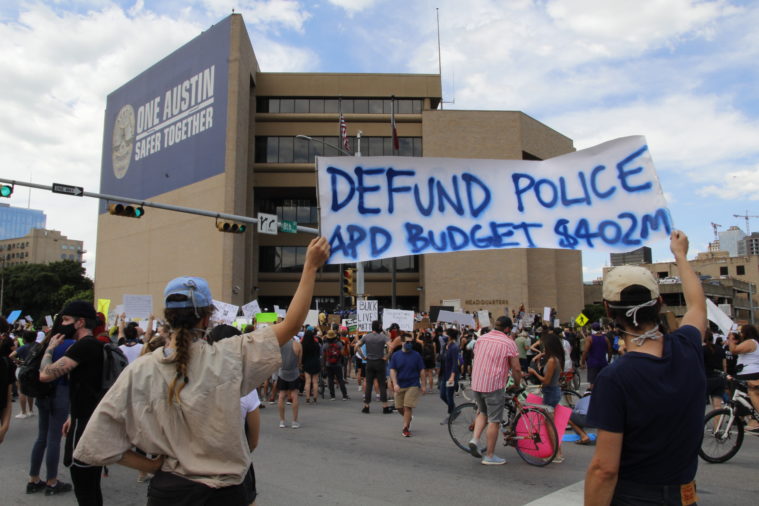
After previously getting nixed, a House budget provision meant to ensure the governor doesn’t get carte blanche when it comes to spending the state’s $16 billion share of federal recovery aid was added back in. / Dallas Morning News
El Paso lawmakers say gun reform promises after Walmart massacre were broken
After the El Paso massacre, Republican leaders like Greg Abbott and Dan Patrick indicated support for gun-reform measures. Instead, when the Legislature convened more than one year later, Republicans went hard the other way, passing a law that will allow almost any Texan to carry a handgun without a permit. El Paso Representative Joe Moody gave a long and somber speech ahead of final passage: “All [victims’ families] wanted was some accountability, yet here we are. …I heard lots of promises. I haven’t heard [them] since.” / El Paso Matters
A DPS investigation concluded that the allegations against a lobbyist at a powerful firm were false. Still, the incident laid bare larger questions about a Capitol culture that many female staffers say often leads to allegations of misconduct and harassment being brushed under the rug by those with the power to act. The accused lobbyist has faced multiple accusations of inappropriate behavior with women as both a legislative staffer and lobbyist—and in at least two instances has been banned from visiting certain Capitol offices because of them. / Texas Tribune
How ‘critical race theory’ came to dominate education debates in Texas
In the early hours of Saturday morning, after hours of debate on legislation that would supposedly ban critical race theory in Texas public schools by putting a host of restraints on how teachers can teach race and racism, the Senate passed its bill. Passed on a party-line vote, it now heads back to the Texas House. / Dallas Morning News
All Hat, No Cattle
The Texas Legislature is known for its outlandish members, ludicrous antics, and right-wing flare-ups. Here’s your weekly dose.
On Monday, as Democratic Representative Terry Canales laid out a Senate bill to impose fees on electric vehicles, Republican Representative Bryan Slaton promptly raised a point of order—a procedural tactic that can kill legislation during floor debates.
Slaton then said he would withdraw the objection if Canales could get House Speaker Phelan to give SB 29—the anti-trans school sports bill—a vote. Throughout the session, Slaton has repeatedly tried to advance anti-trans legislation, or attach anti-trans amendments to other bills, without success. Canales refused and Slaton’s point of order was sustained, ultimately killing the bill.
Canales promptly took to Twitter to condemn Slaton’s tactics: “My answer, Kill my Bill, BIGOT!”

